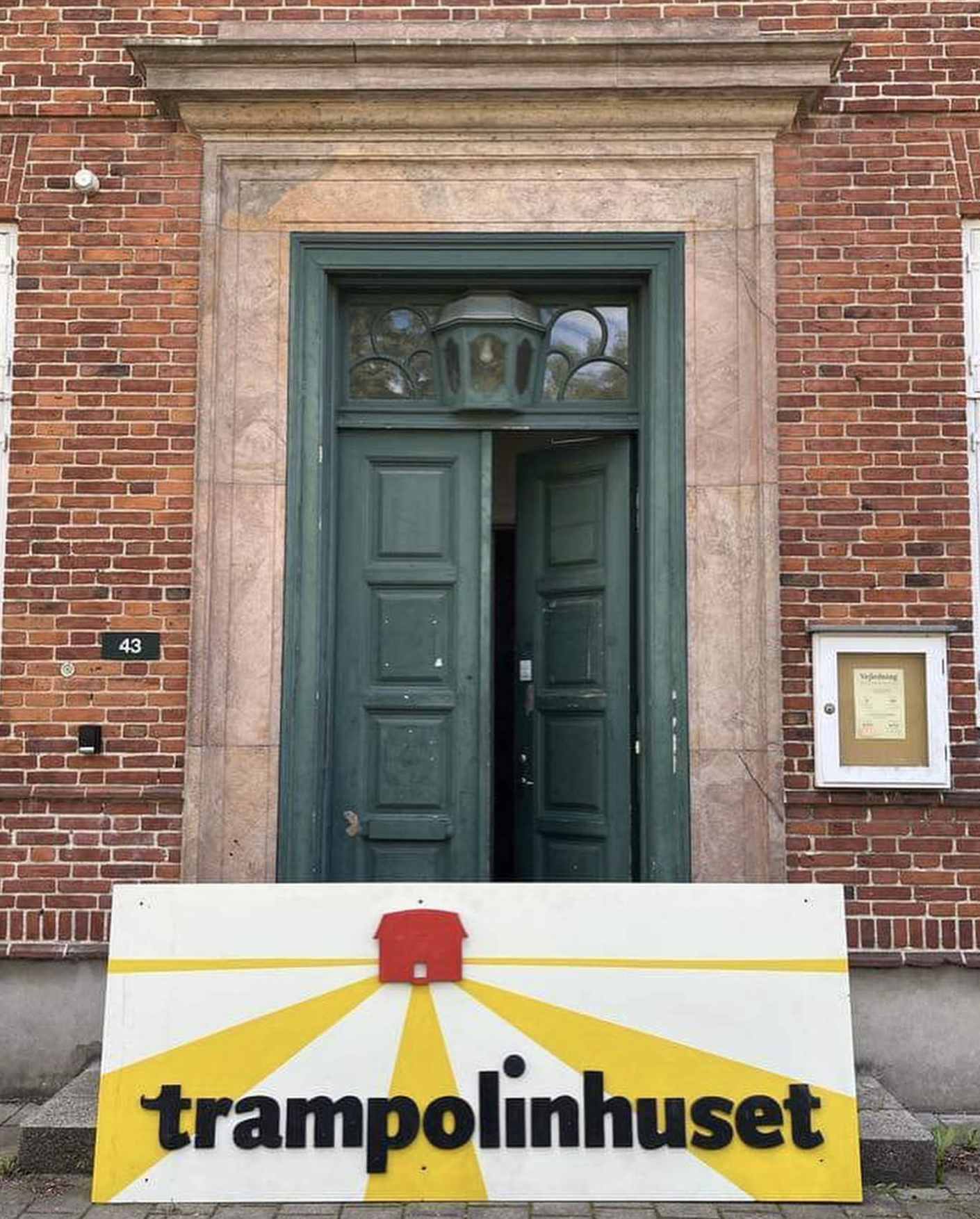Hunger strike at the Deportation Center Kærshovedgård: “Close the camp! We are also humans!”
Klik her for dansk
Press release on behalf of the hunger strikers, from the Network for Contact Persons for Rejected Asylum Seekers at Kærshovedgård, Trampoline House, Welcome To Denmark, The Bridge Radio, Stay Human-Aalborg, Solidarity Project Aarhus, Black Lives Matter Denmark and Freedom of Movements
“Close the camp! We are humans, just like you!“ is the message from 28 hunger striking refugees, who have been protesting since October 11th outside the controversial Deportation Centre Kærshovedgård. The strikers are all rejected asylum seekers who cannot be deported because of various reasons. They are forced to live in a limbo-state in the former open prison that has operated as a deportation center since 2016.
“We are slowly dying,” says one of the protesting asylum seekers’ banners in Danish – a sign that the Danish government’s intention to make conditions in the center as unbearable as possible isn’t just rhetoric. Recently, Edward Stanley reported to the Danish newspaper Politiken how he regularly bears witness to suicide attempts.
The strikers are demanding Kærshovedgaard to be closed – and for their cases to be reopened. Demands that are in line with recommendations of a broad range of organisations – amongst them The Danish Helsinki Komitee for Human Rights and Amnesty International. Several experts on European migration politics are also raising criticism of the camp. Amongst others, the sociologist Annika Lindbjerg explains how there’s no evidence that ‘unbearable conditions’ in deportation centers will persuade people to leave Denmark. To the contrary, research from Norway shows that only very few people leave voluntarily, and that the human and economical expenses of camps like Kærshovedgaard are unproportionable high.
The hunger strike is a political tool that has been used in many different contexts and with different political ends throughout history. Historian Johan Heinsen points to examples in Danish history where hunger strikes have been used as a political tool in Danish slave ships and in protest against conditions for Danish prisoners as early as 1720. With their fight for humane and dignified conditions for refugees in Denmark, the hunger striking refugees thus place themselves in a Danish and international tradition of protest.
More info
Click here to download the press release, including expert quotations and contact info and pictures from the strikers.












